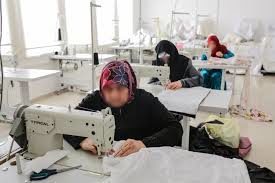Have you ever wondered about the barriers to opening a mobile wallet on a mobile phone? We often hear about constraints such as lack of mobile phone ownership (especially true for women in some markets) or low digital and financial literacy. There is also the trust factor where many ardent mobile phone users do not trust money in any other form other than physical cash. All these are valid depending on the country and user context. However, our team unearthed another very significant barrier – the lack of a local SIM! As we know, a mobile money account (or wallet) uses the mobile number attributed to a local SIM as the wallet’s “account number”. Well, many migrants, when moving across borders, stay connected to their families/friends back home via data bundles that allow them to use channels such as WhatsApp, Facebook, Youtube, etc. frequently. They don’t necessarily sign up for a local SIM!
In mid-2020, amidst the initial lockdown and panic of the Covid-19 pandemic, Avrio Impact conducted detailed demand-side research among garment workers in Jordan. With migrant workers representing around three-quarters of the over 76.000 workers employed by the garment manufacturing sector in Jordan, our quest was to understand workers’ experience with and appetite for receiving wages digitally. And even against the backdrop of enabling regulations (such as allowing for remote wallet opening) to bolster digital payments in light of the health crisis, the challenge to register migrant workers onto mobile wallets was a primal one: the majority of them did not have local SIMs and did not feel the need for one! Read more on our work in collaboration with the Better Than Cash Alliance, Better Work/ International Labour Organization, and GIZ here.
Want to know more about our work? Email us at hello@avrioimpact.com


